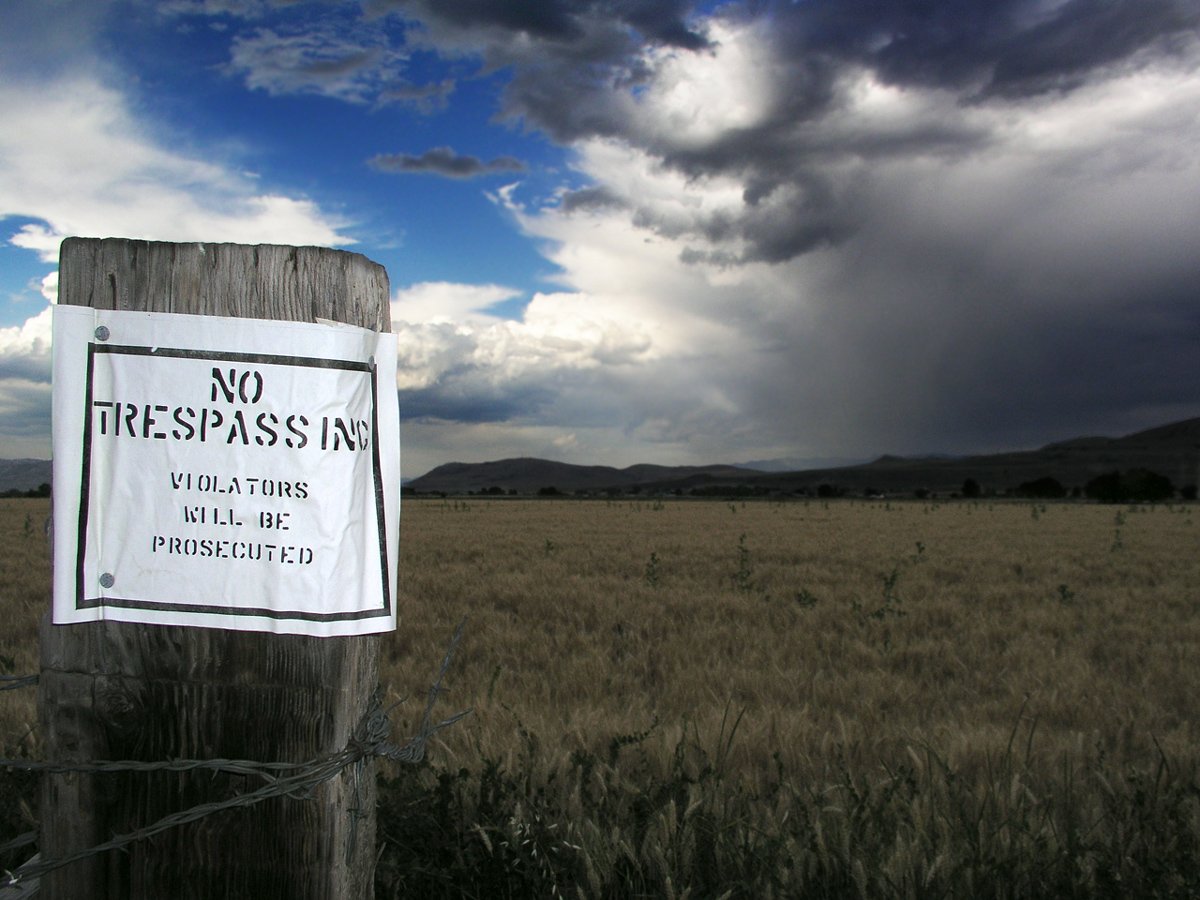
"This land is not for sale," "Beware of 419," "Caveat Emptor," "Do not trespass," "Beware of dogs." If you've been in Edo State, Nigeria, particularly in the capital city of Benin, you've likely come across these expressions written in white chalk or paint on fences, gates, or wooden signs. These notations often reflect precautions taken by individuals with an interest in the property to deter unauthorized entry, protect unwitting buyers from malicious marketers, signal court orders indicating encumbrance, and more. Some property owners even specify the exact marketers to be cautious of, leading to expressions like "This house is not for sale, beware of my son." In a state experiencing rapid development, with untapped land resources and a unique coexistence of customary and statutory ownership systems, land disputes are commonplace. It's imperative for property owners and potential investors to exercise due diligence in acquiring and safeguarding land interests in Edo State.
In my previous article, I discussed the basic concept of real estate using Edo State, Nigeria, as a case study. One key take away from that article is that, though immovable, real estate can be owned and possessed through official documents specific to the jurisdiction where the property is situated. It's important to note that landed property ownership, similar to chattel (goods) ownership, entails rights, duties, and responsibilities exercised exclusively by the owner or possessor. These rights amount to the right to use and enjoy the land. Violating these rights often leads to trespass, prompting fundamental questions.
What is Trespass?
Trespass is a universal term that refers to wrongful, intentional, or unauthorized interference with a person or their property, whether real property or chattel. From this definition, it's evident that trespass can take various forms. However, this article solely focuses on trespass to land.
Elements of Trespass to Land
Trespass to land hinges on specific elements that must be established to build a strong legal case. The first critical element involves unauthorized entry onto another's property. This encompasses physical presence on the land without lawful permission from the owner or occupier. A person's mere presence on someone else's land without consent forms the foundational aspect of trespass.
The second crucial element is intent or negligence. To prove trespass, it must be demonstrated whether the entry was intentional or negligent. If an individual knowingly and deliberately entered the property, the intent element is satisfied. Conversely, if the entry was unintentional but due to negligence, such as failing to ascertain property boundaries, it still qualifies as trespass.
The third key element is the causation of harm or damage. Trespass can involve not only unauthorized entry but also interference with the landowner's rights or property. The extent of harm caused by the trespasser's actions influences the severity of the trespass charge. Establishing a direct link between the trespass and resulting harm is crucial in proving this element.
Types of Trespass to Land
Trespass to land encompasses various scenarios, each with distinct characteristics and legal implications. The simplest form is known as "simple trespass." Here, an individual enters another's land without intending harm. Simple trespass might involve innocent boundary crossings without awareness of intrusion.
Conversely, "aggravated trespass" involves intentional interference with the landowner's rights or property. Aggravated trespass may encompass actions that disrupt land use, cause damage, or infringe upon rights. Due to its deliberate nature and potential harm to the landowner, this type of trespass carries more significant legal consequences.
Trespass vs. Nuisance
The concept of "nuisance" often intersects with trespass. While distinct, both concepts share the theme of unwarranted interference with landownership rights. Nuisance refers to the unreasonable use of property that interferes with neighbors' enjoyment of their properties. It may not always involve physical presence on the land but could relate to activities causing disturbances or obstructions, such as noise, vibration, smoke, fumes, smells, air pollution, flooding, and fire. Nuisance can be classified as public or private. Public nuisance occurs when an action by a property owner adversely affects the public's use of public land, like a road or walkway. Private nuisance pertains to disputes between two private landowners.
The concept of nuisance thrives in organized societies where environmental safety and sustainability are crucial, and town planning regulations are strictly adhered to. In Edo State, Nigeria, nuisance often arises in urbanized areas where town planning regulations are followed, and public interest in the environment is evident through measures like monthly sanitation curfews and garbage truck deployments. Unlike trespass, which is actionable by the landowner, proving nuisance requires the offended party to demonstrate physical damage or disturbance to their property.
Legal Framework for Land-related Offences in Edo State, Nigeria
Offences against land are anchored in established rights. The legal framework governing trespass and nuisance in Edo State, Nigeria, is shaped by both statutory provisions and case law precedents. The Land Use Act of 1978, later amended in 1990, holds a central position among Nigeria's land-related laws. This act grants land ownership to the state government, significantly influencing property rights, land management, and the rights of occupants and landowners. Within Edo State, the Act defines the relationship between landowners and the government, regulating land acquisition, use, and transfer.
Case law decisions also significantly contribute to shaping the legal framework. Court rulings provide interpretations and applications of the Land Use Act, influencing how trespass disputes are resolved. These judicial decisions not only establish legal precedents but also contribute to the evolving legal landscape, addressing nuanced scenarios and novel challenges related to land trespass in Edo State. Other pertinent land-related laws in Edo State include the EDOGIS Law 2018, Edo State Land Use Charge Law 2012, Edo State Public Procurement Law 2012, and Edo State Private Property Protection Law 2017, which imposes heavy penalties on parties involved in illegal land use or forceful land acquisition (land grabbing). Additionally, the Nigerian Environmental Impact Assessment Act of 2004 could be relevant in cases involving nuisance.
Offences against land can result in civil or criminal actions against the offender, leading to payment of damages, hefty fines, and potential imprisonment.
Duties of Landowners and Intending Landowners
1. Ensure Secure Title: Seek legal guidance during acquisition to ensure full legal protection. Acquiring encumbered land may lead to civil or criminal actions.
2. Clearly Indicate Boundaries: It's the duty of landowners to mark boundaries with visible structures like fences, vegetation, and signage. This informs individuals about land ownership and justifies actions against trespassers and nuisances.
3. Prompt Offense Response: After trespass occurs, there's a reasonable timeframe to legally address the offense. Failing to act within this period can be interpreted as waiving rights.
4. Self-help: Law permits reasonable force or strategy against trespassers, provided no physical harm is inflicted. For example, in nuisance cases, the offended party can trim branches of a neighbor's tree extending into their compound, shedding debris into their own property.
Duties of the Government
Given the peculiar land system in Edo State, it's the government's responsibility to minimize disputes between customary and statutory land ownership. Maintaining a secure database is crucial. Edo State's government, in collaboration with the monarchy, has made commendable strides in securing this aspect.
Conclusion
In conclusion, this article doesn't exhaustively cover land-related offences. However, it equips you with fundamental knowledge to identify when an offence occurs on your land and actions that could label you an offender. This complex issue demands legal expertise. Armed with this knowledge, whether you're a landowner, investor, or Edo State resident, you can take appropriate precautions, protect your property from offences, and avoid becoming an offender.
For further details and discussions on this subject, please contact us via the phone number or email provided at the beginning and end of this page.


